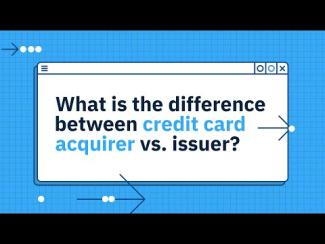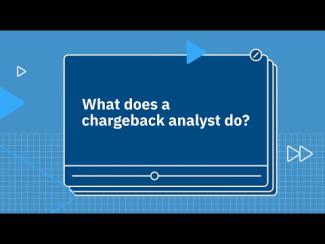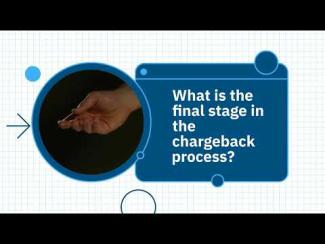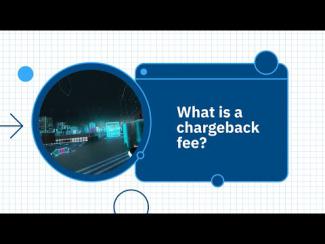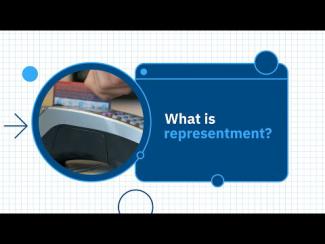The credit card issuer is the cardholder's bank while the credit card acquirer is the merchant's bank. These two banks work together to facilitate payments that utilize payment cards.
Frequently Asked Questions
A reversal is a general term for a returned payment. Chargebacks are one form of reversal, as are refunds. Chargebacks are involuntary reversals while refunds are voluntary reversals
Chargeback analysts may provide a number of different services, including responding to chargebacks and alerts, pursuing representment, and analyzing a merchant's chargebacks in order to provide recommendations for reducing them in the future. Whether or not a merchant finds these services worthwhile depends on the cost of the chargeback analyst, the amount of money saved by their efforts, and whether or not the merchant feels capable of performing those tasks themselves. The proper chargeback tools may allow some merchants to keep chargeback analyst efforts in-house.
The final stage in any particular chargeback depends on the circumstances of the chargeback and the decisions made by the parties to the chargeback. That being said, the final possible stage in the chargeback process is an arbitration decision rendered by the card network.
Chargeback fees are charged to the merchant by their acquiring bank in order to cover the administrative expenses associated with chargebacks. These fees are usually between $20 and $100 per chargeback. Chargeback fees are not recouped by merchants if they successfully dispute the chargeback.
Representment is the process that allows merchants to dispute chargebacks. It allows the merchant to provide evidence to prove the validity of the chargeback and, if successful, recover the revenue that had been revoked as a result of the chargeback.
